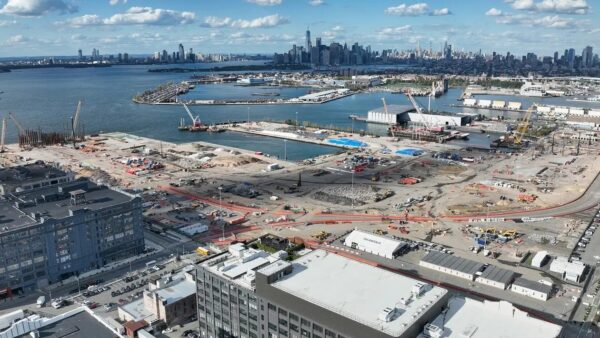A global supply chain is only as strong as its weakest link.
The pandemic has exposed this truism to startling effect, with suppliers unable to supply, shippers unable to ship and customers unable to get their goods on time.
This has resulted in defaults further down the supply chain, leading to commercial tensions and losses. So, what should you do?
From a legal perspective, the starting point will be to review the relevant supply chain contracts. These may span more than one jurisdiction, with correspondingly different legal codes applicable to their interpretation and application. Â
Some of these contracts will provide for formal disputes to be referred to arbitration and others may mandate litigation in the applicable local courts. Â
Of course, the resulting analysis will throw up challenges, but there may also be opportunities. Â
First mover advantage is a legitimate strategy to minimise the risk of what may otherwise be an unsympathetic tribunal.
Not everything will be force majeure
Whilst reviewing your contracts, take a look for any express provisions that may excuse or suspend the obligation to perform. Force majeure or material adverse change clauses will often have this effect. Â
However, not all such provisions would have been drafted with current pandemic in mind. If the occurrence of the pandemic does not obviously fit within the category of events recognised as force majeure, consider the impact of the governing law of the contract.
If this is based on the English common law, there is probably less scope for relief than is available in civil law jurisdictions. This is because the common law doctrine of frustration is stricter in its application and harder to satisfy compared to force majeure, which is a civil law concept.
Such civil countries include all of South America, almost all European countries, China and Japan.
In the Middle East, by contrast, legal systems are generally based on a combination of common law, civil law, statutory and religious sharia law. Â
Similar to the laws in China, sharia law recognises materially adverse change as a potential ground for relief or for a re-shaping of contractual obligations.
The impact of Brexit
Where your project is in the UK, Brexit means there is a risk of delayed delivery of goods through UK ports, a risk of increased tariffs on goods sourced from the EU, and the possibility of a shortage of labour (skilled and unskilled). Â
It would be a clairvoyant contractor who is able to predict with any accuracy the quantum and likely impact of such risks, but most rational business folk should recognise that such risks exist. Â
The question becomes how should those risks be allocated among parties in the supply chain?
Â
Some practices have been established over the last 12 months, with owners having to factor into their investment case assessments of the risk of their supply chain having to adjust their process to reflect the impact of Brexit. Â
This may make some projects unaffordable, or require a greater credit support with debt to equity ratios reduced as against the investor. Â
Renegotiate existing contracts?
Whether it is Brexit of the Covid-19 pandemic, another option to consider is re-setting the basis of existing contractual arrangements to cater for their impacts.
This may involve re-allocating the risk of labour shortages and/or delayed delivery of components.
Perhaps the party affected is allowed an extension of time and relief for liquidated damages, but bears the cost of the increased resources necessary to comply with new restrictions imposed by local laws or Brexit-related delays. Â
Of course, you should keep records of the event, the steps taken to mitigate, and the effect on the time and cost to complete. Â
New contractual frameworks
The need for stronger and more diverse supply chains in the global construction sector is now apparent. Â
This will require new contracts with a larger number of suppliers in different locations providing key components.
The force majeure provisions will no longer be regarded as standard boilerplate but will now have to be carefully structured, with flexible outcomes allowed for.
Â
Watch those court backlogs
If you are invoking force majeure or some bespoke Brexit clause, prompt and preventative action is best practice, and remember your duty to mitigate. Â
You should also consider alternatives, including offering partial performance.
If you are resisting force majeure, make sure to communicate rejection notices promptly.
Another factor to consider is whether your local court system is capable of processing the resolution of the dispute within an acceptable timeframe; in many jurisdictions the enforced closure of Court buildings has caused a backlog whereas all the main arbitral institutions have remained functional (albeit remotely) during the pandemic.
Global supply chains have been fractured by the pandemic and are at risk from the fallout from Brexit. Doing nothing is not an option.
- Jonathan Hosie and Pablo Ferrante are partners in the London and Houston offices, respectively, of international law firm, Mayer Brown
Image: The port of Rotterdam (Andrey Sharpilo/Unsplash)






